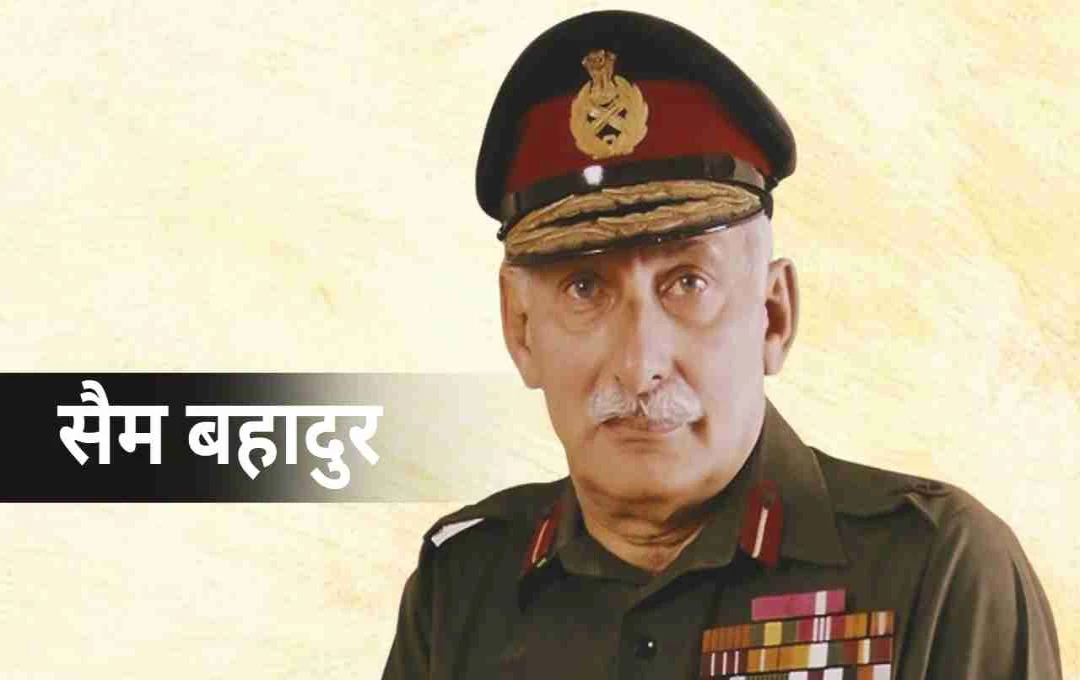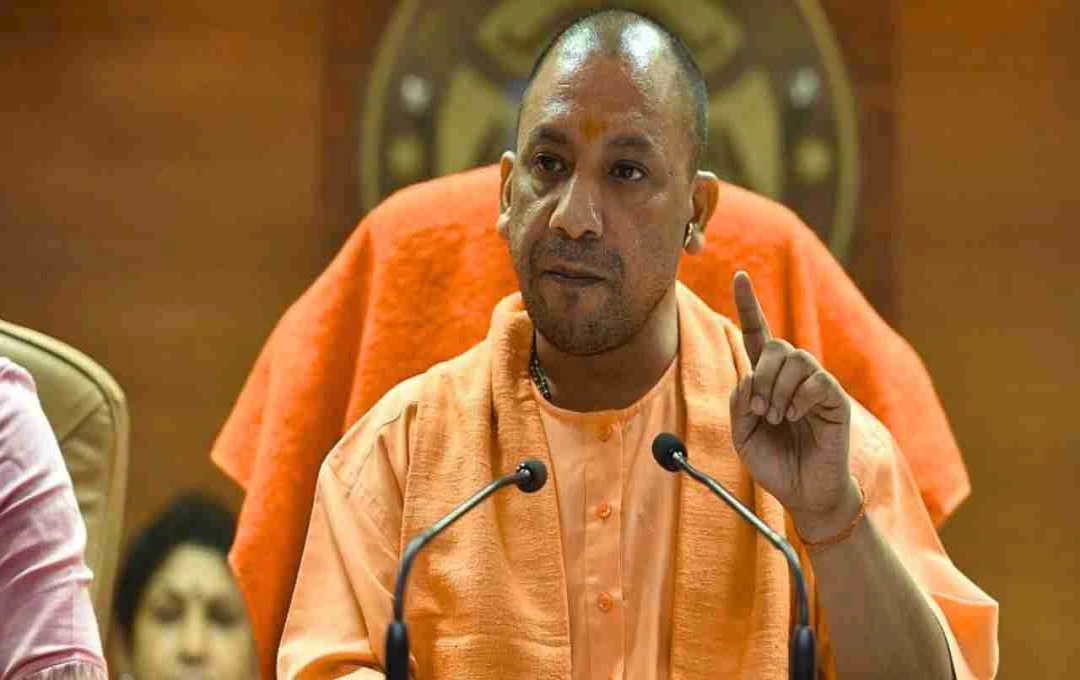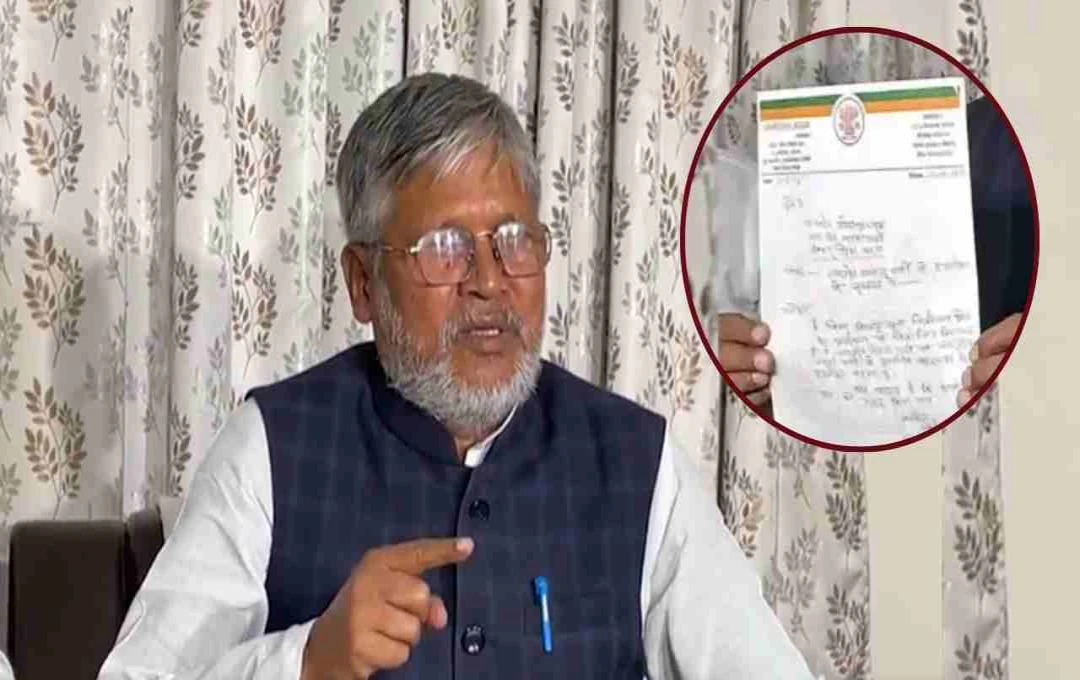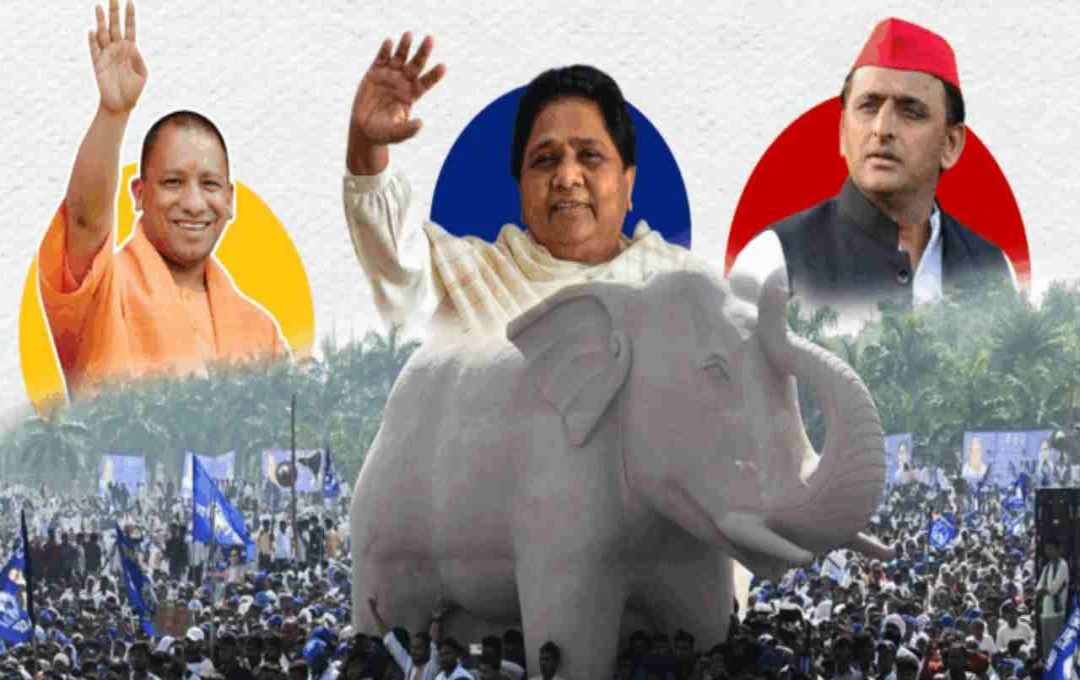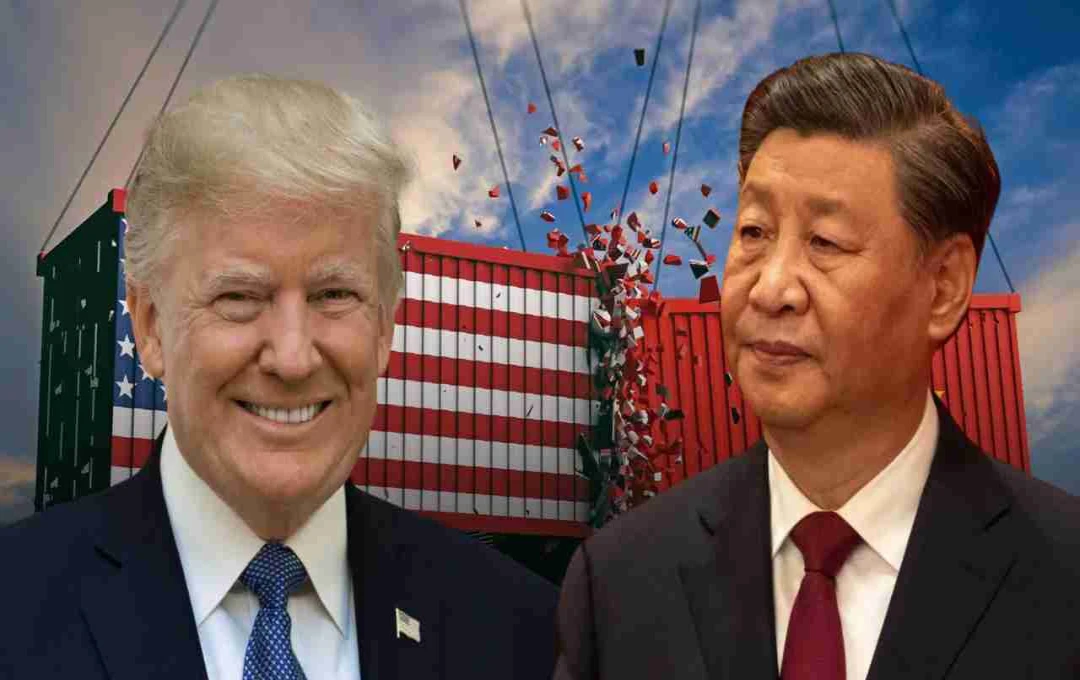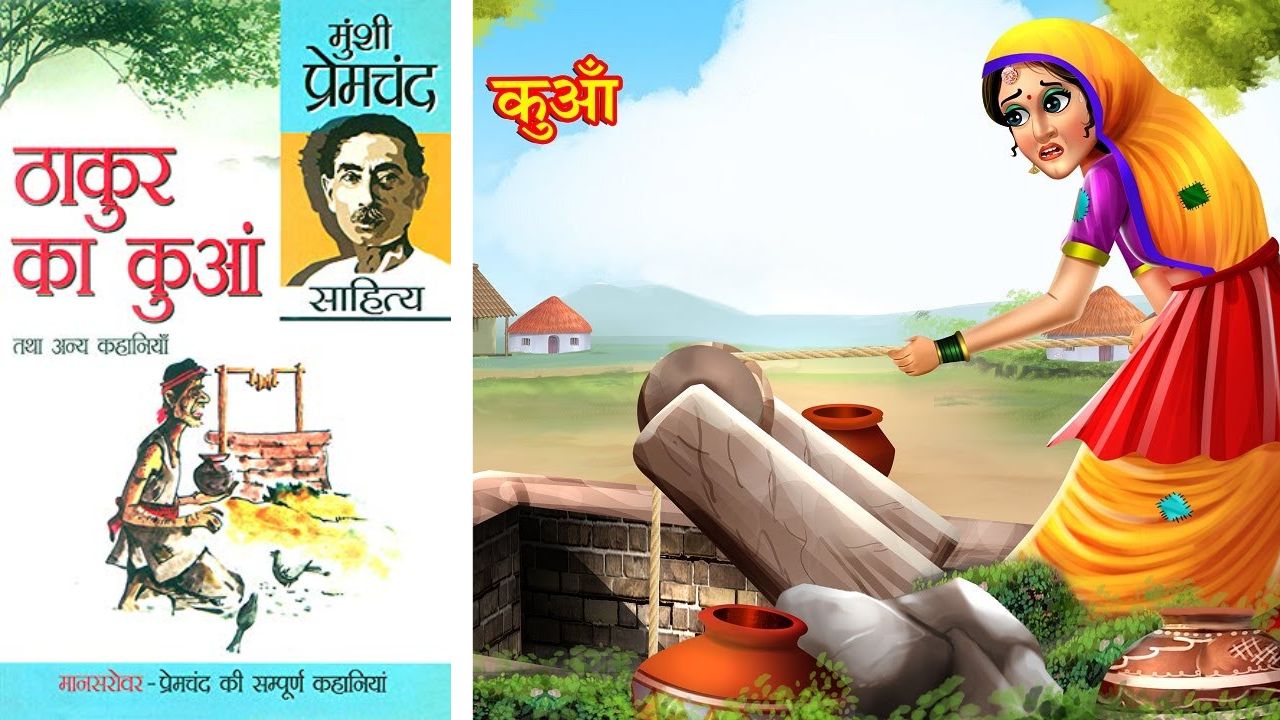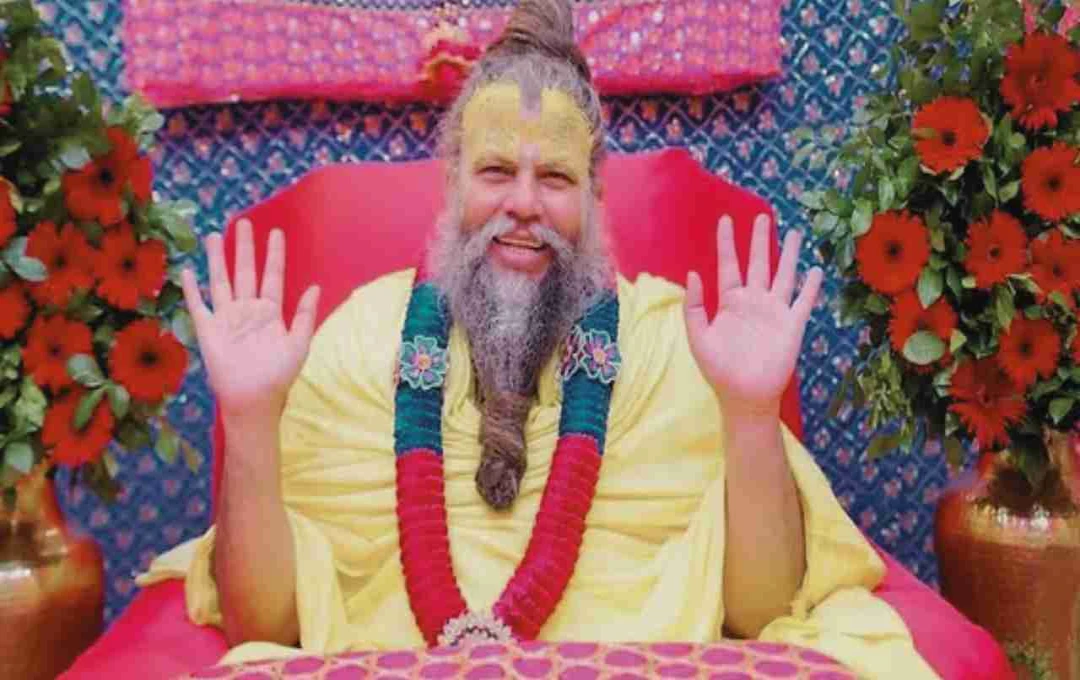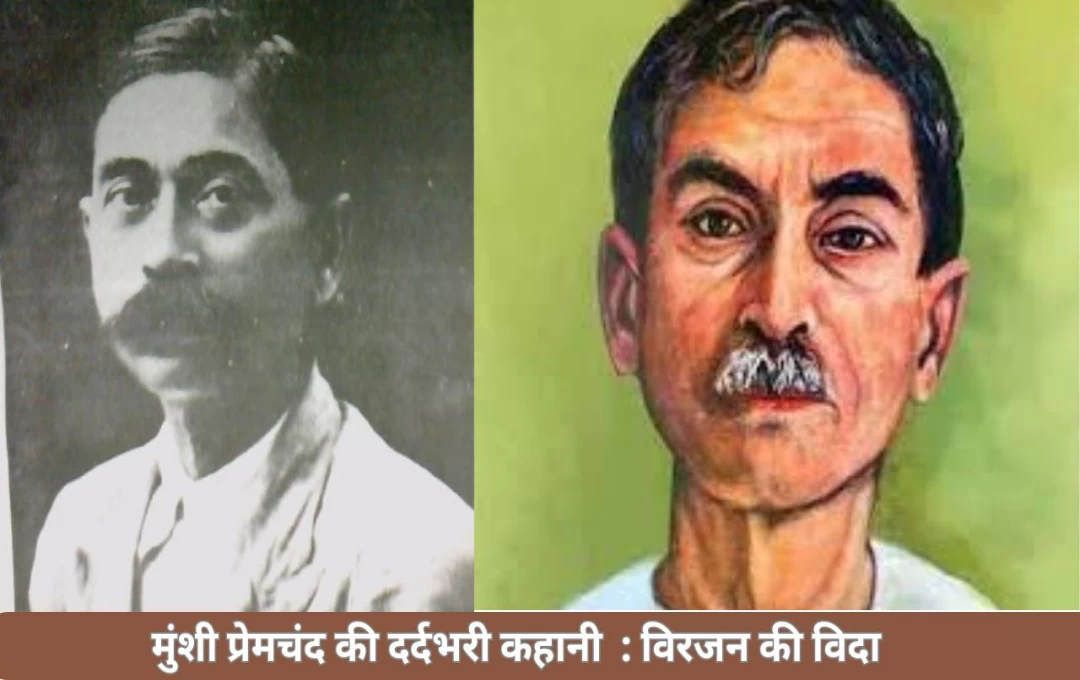If any name has set a new standard of valor, strategy, and leadership in the history of the Indian Army, it is that of Field Marshal Sam Hormusji Framji Jamshedji Manekshaw, known to the country and the army as 'Sam Bahadur'. His life's journey, from an ordinary youth to the highest rank in the Indian Army – Field Marshal, is not only inspiring but also a guide for future generations.
From Early Life to Extraordinary Journey
Sam Manekshaw was born on April 3, 1914, in Amritsar, Punjab, to a Parsi family. His father was a doctor who started his medical practice in Amritsar. Sam's early education took place at Sherwood College, Nainital, and he later performed brilliantly in the Cambridge examination. Although he wanted to become a doctor, circumstances led him to enroll in the Indian Military Academy, Dehradun. This is where the saga of a warrior began, who played a historic role in helping India achieve a new nation – Bangladesh – in 1971.
Valor Displayed in World War II
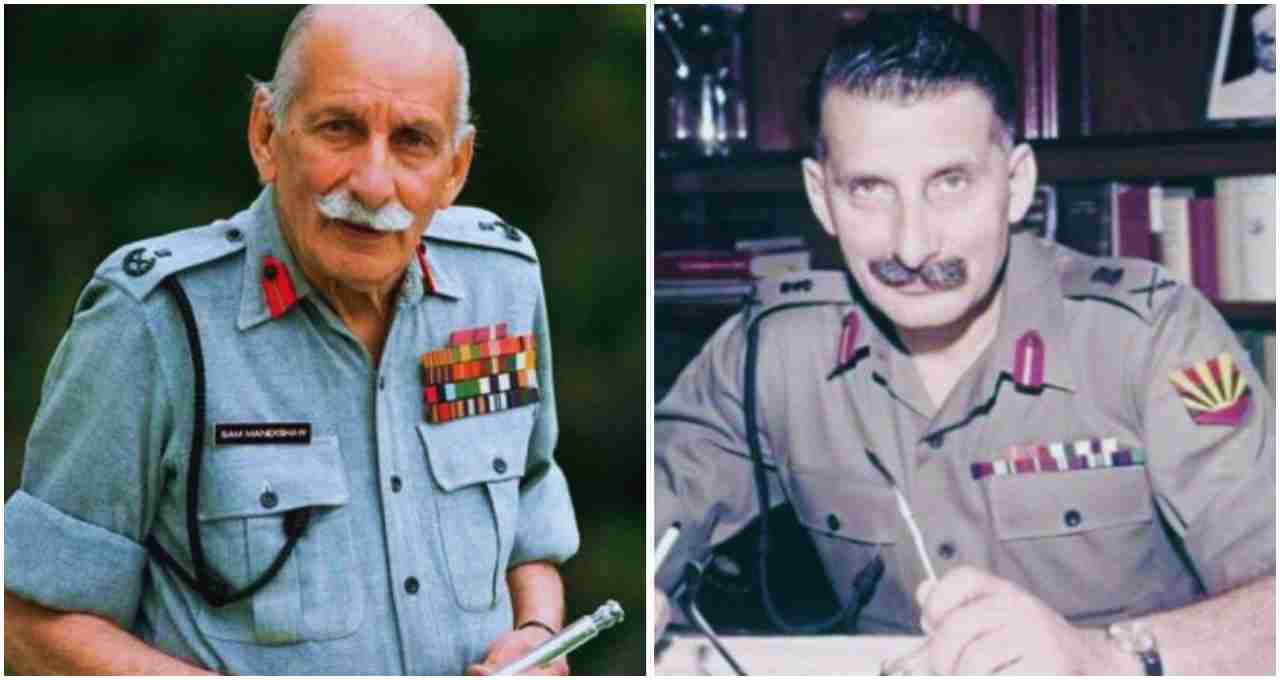
During World War II, Sam Manekshaw performed acts of valor in the British Indian Army that even the enemy admired. During the Burma campaign, when his company was attacked by the Japanese, Manekshaw was seriously injured. He was hit by seven bullets, but his courage pulled him out of the jaws of death. He was awarded the 'Military Cross' for this bravery. A smile on the face of a wounded soldier and wit on his tongue – this was his identity.
A Powerful Commander of Independent India
After India's independence, Sam Manekshaw got the opportunity to serve in many important military positions. Whether it was the 1947 India-Pakistan war or the annexation of Hyderabad, he displayed his strategic acumen on every front with his plans. He never commanded an infantry battalion, but the operation plans made by him are still part of military studies.
The 1962 India-China War and Manekshaw's Return
Although he did not get a chance to actively participate in the India-China war, after the failure of the war, when the government felt the need for b military leadership, Manekshaw was called back. He organized the scattered army in the Northeast, boosted morale, and took the army's preparedness to new heights.
1971 War: The Pinnacle of Leadership
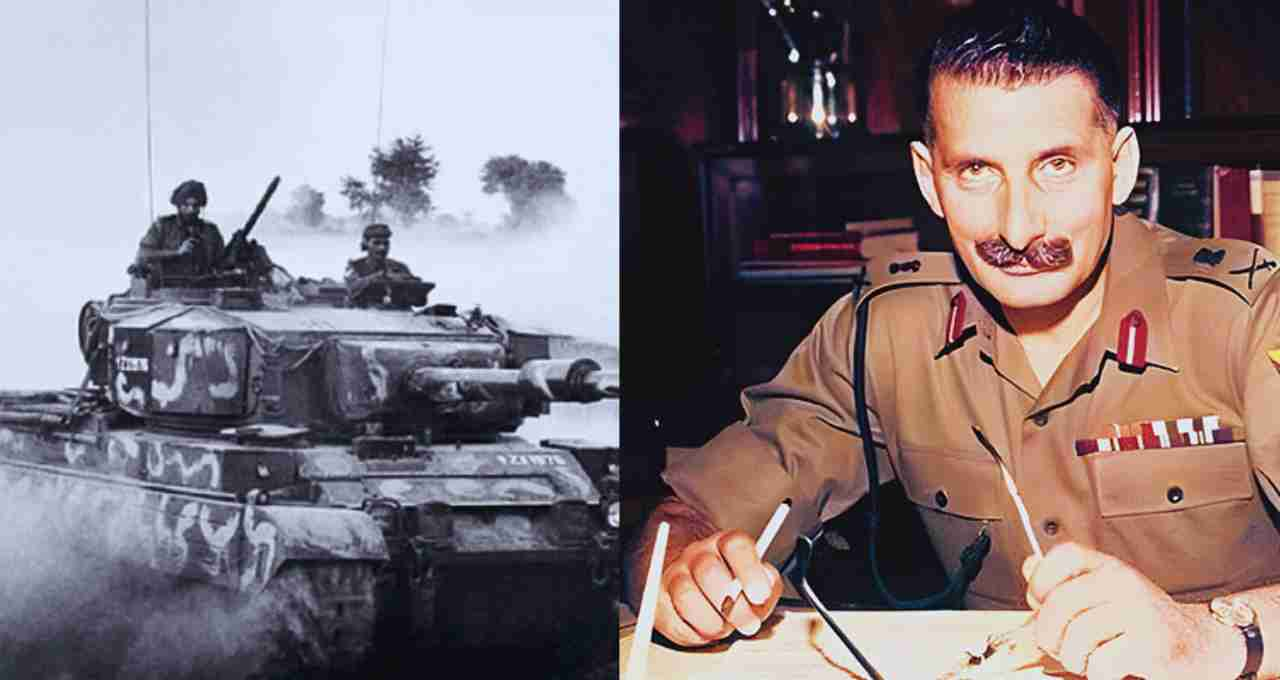
When the political crisis and genocide in East Pakistan (now Bangladesh) took a serious turn in 1971, India decided to intervene. When Prime Minister Indira Gandhi asked Army Chief Sam Manekshaw about his readiness for war, he clearly stated, "If I am allowed to work on my terms, I guarantee victory."
It was Manekshaw's clarity, foresight, and commitment to preparation that led the Indian Army to victory in just 13 days. This became one of the shortest and most decisive wars in the world, and 93,000 Pakistani soldiers surrendered. This is considered India's biggest military success to date.
The Rank of Field Marshal – A Historic Honor
The Government of India honored Sam Manekshaw with the title of 'Field Marshal' in 1973, which is the highest rank in the Indian Army. This honor is given only to those who have made extraordinary contributions to the defense of the country. Sam Manekshaw was the first Indian to receive this honor. His leadership was very important in the 1971 war, which led to the formation of Bangladesh. This title lasts forever, meaning it is a lifetime honor. Only two people have received this rank in India so far.
Advocate of Equality and Discipline in the Army
Sam Manekshaw was not only a brave commander but also an impartial and visionary leader. He always gave priority to equality and discipline in the army. When the issue of reservation based on caste or religion arose in the army, he clearly said that "only merit matters in the army, there should be no special privileges." He believed that soldiers who defend the country should be united and selfless, not bound by any caste or religion. This thinking made him a true and trusted leader of millions of soldiers.
An Example of Humility and Humor
Sam Manekshaw was a very brave and wise commander, but he was a very humorous and simple person in his personal life. When he was shot in the war and the doctor asked what happened, he smiled and said, "A mule kicked me." Everyone laughed on hearing this. He had the quality of smiling and boosting the morale of others even in times of crisis.
With Soldiers Until the End
When Sam Manekshaw breathed his last on June 27, 2008, he was not just a soldier, but a glorious chapter in the history of India. The sad thing was that neither the Prime Minister nor the Defense Minister paid tribute at his death. Still, he lives on as "Sam Bahadur" in the hearts of millions of countrymen.
Sam Manekshaw was a warrior whose strategy created history, whose words had power, and whose leadership brought the enemy to its knees. He is not just a commander but an inspiration – for every youth who wants to do something for their country. Sam Bahadur remains and will remain an ideal for the Indian Army.
